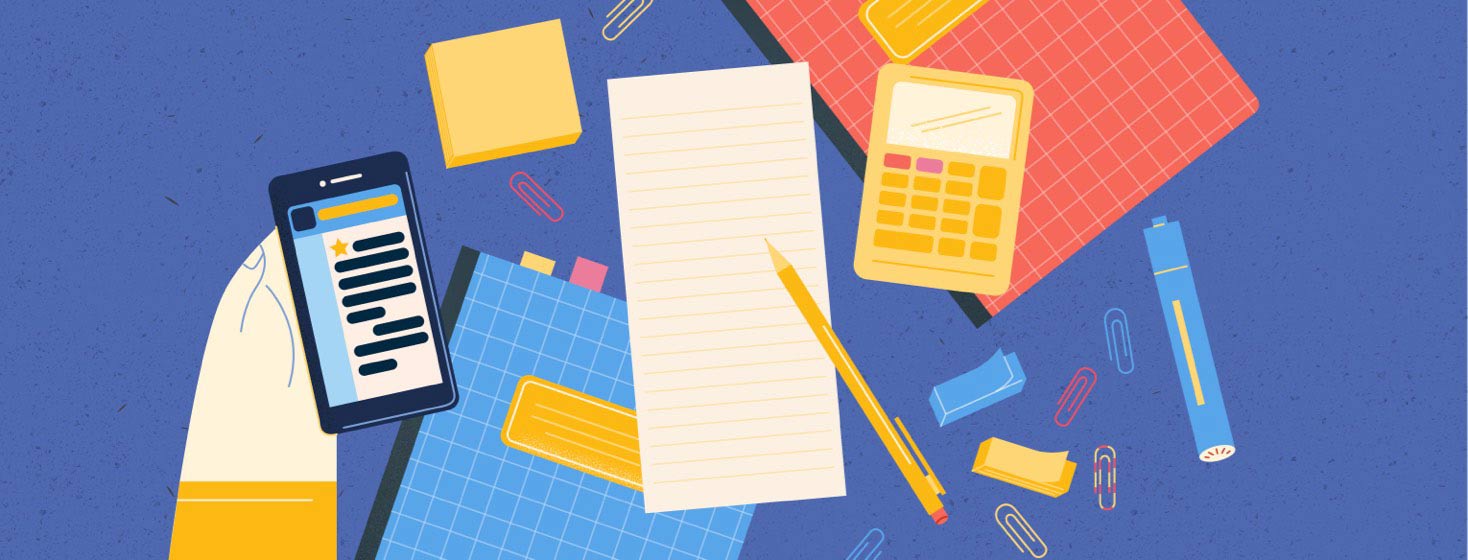Keep It Simple
When I was a high school English teacher, and later a high school administrator and principal, I frequently found myself in meetings with students who weren’t doing well academically and, oftentimes, socially. Usually there were parents in the room and sometimes a counselor and a teacher or two.
I used to put myself in the position of the students, trying to feel how they felt surrounded by adults who were concerned about them, but also putting a lot of pressure on them. I had been that student a couple of times when I was in high school.
Thinking of the simplest way to help
If the conversation was focused primarily on academic performance, I would listen for a while, try to sense the dynamics, and then find the right moment to interject a simple way to break the tension. I would address the student directly, ignoring the other adults and say, “I’ll bet you would like to never be in a situation like this again.” The students didn’t have to say anything. I could always tell by their body language and the look in their eye that I had read their minds.
I would then offer them the simplest way I could think of to get them to that goal. “If you never want to experience this again, here are three simple things you can do to avoid another meeting like this:”
- Come to school on time and prepared every day
- Pay attention to what’s happening in class
- Complete your homework and other assignments and turn them in on time
Not knowing all the circumstances of their lives, I thought I was at least throwing them a life preserver they could grab hold of if they wanted to keep from sinking. Sometimes it helped, sometimes it didn’t, but more than one student thanked me for that advice. It kept things simple.
My prostate cancer diagnosis
When a PSA test for a physical in late 2016 (five years after retirement) led to a visit with a urologist, a biopsy and a prostate cancer diagnosis, I felt a bit like that student in the meeting, surrounded by people and in circumstances that made me uncomfortable to say the least. And while the correlation isn’t exactly one-to-one, I remembered my advice to students.
I made appointments, came prepared with questions that would help me better understand what I was learning. I paid close attention to what I was being told, asked more questions, left visits with valuable information. I went home and did my reading and research and was better prepared for the next appointment.
Being prepared
This lasted throughout my first year of active surveillance and then into my treatment when my numbers went up.
At my best I was a B student in high school, and I’m sure I could have done more to learn about prostate cancer during the 18 months between my physical and my surgery. But keeping it simple worked for me, much like it had the potential to work with my students. By showing up, being prepared and doing the work, I wasn’t overwhelmed by my circumstances, and I had some control over my fate.

Join the conversation